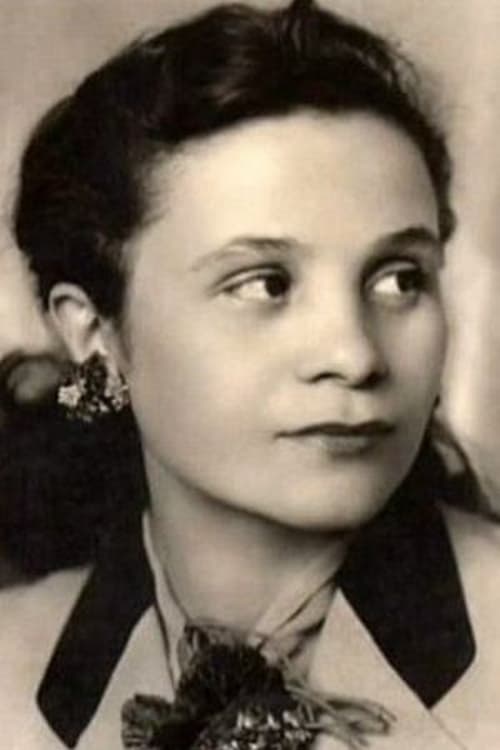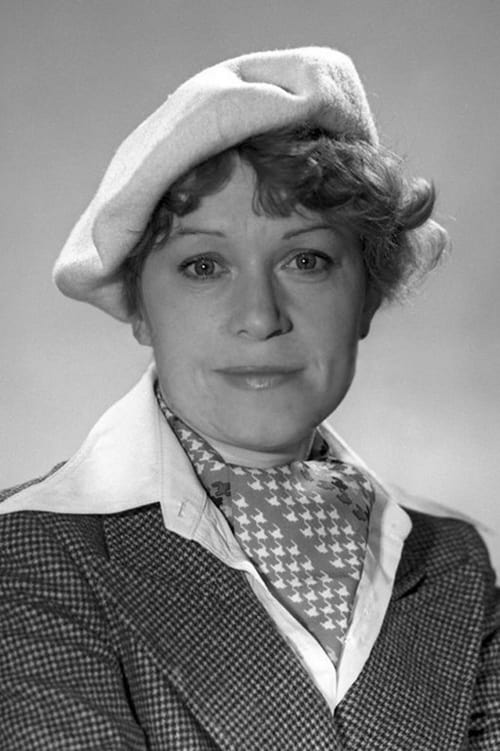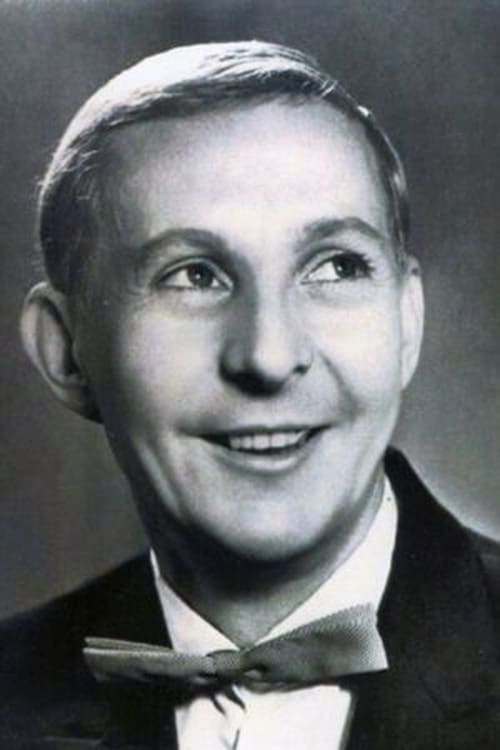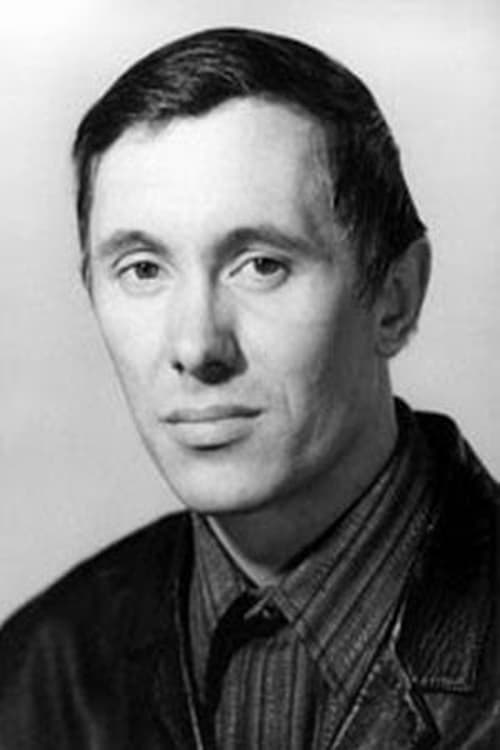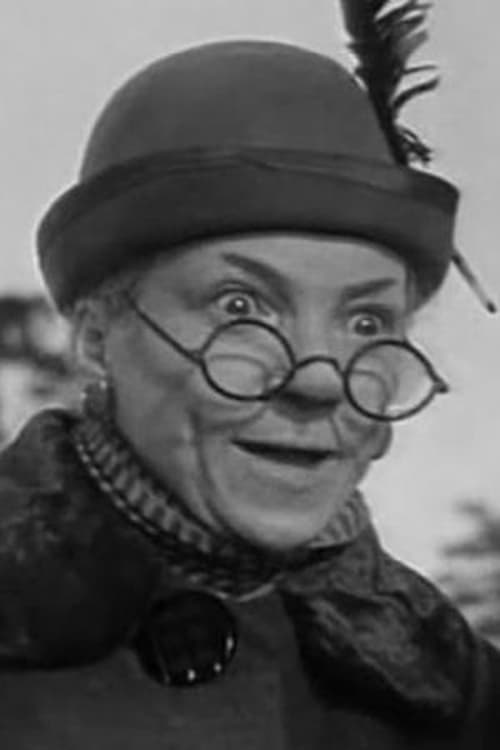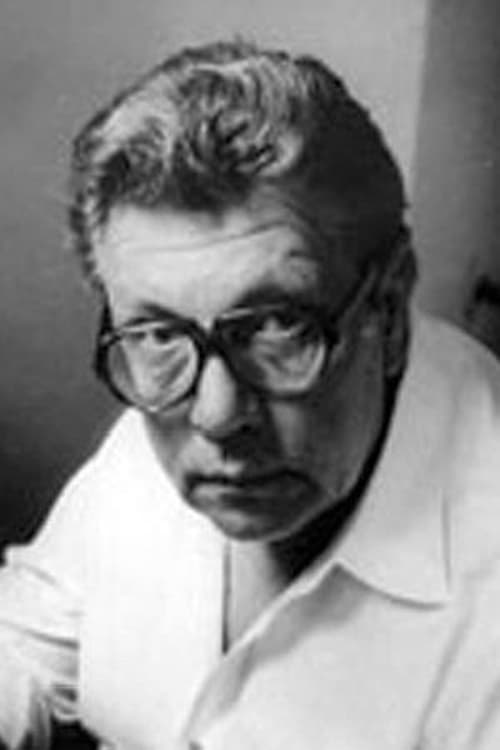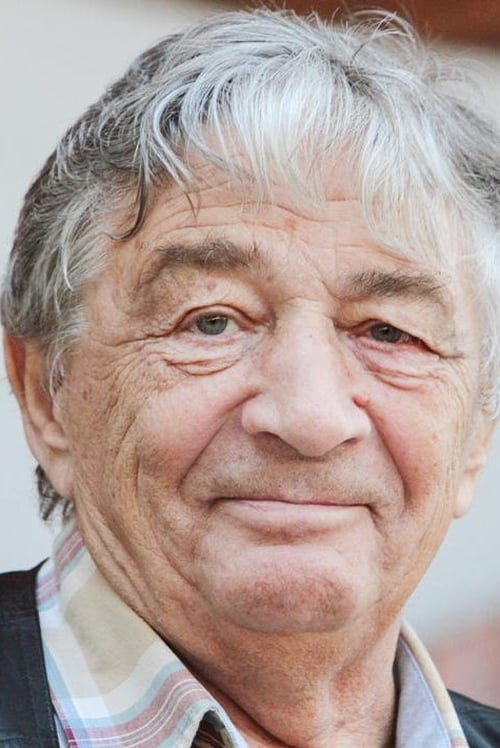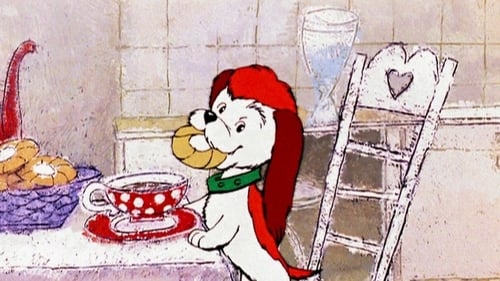Three from Prostokvashino (1978)
Género : Animación
Tiempo de ejecución : 17M
Director : Vladimir Popov
Sinopsis
Little Fedor brings a cat to home despite his mother's distaste for cats. He runs away with his talking cat, to make more friends on the way.

Erkki Kurenniemi was arguably one of the first artists to propose or fantasise about a complete cultural surrender to cyber existence, and his entire career, covering such diverse fields as artificial intelligence, music, engineering, film, dance or rhetorics, testifies to this desire to escape the limits of the human body and transgress into a different dimension, bordering on techno-fetishism. In his 1964 short Electronics in the World of Tomorrow, Kurenniemi presents a slideshow of the most aseptic signs of technological imagination: diagrams, chips, machines, cold surfaces. But footage of human warmth also comes up - mostly in black and white, as if to give humans the status of a memory. Originally silent, the film was in this version endowed with a electronic music piece by Kurenneimi himself: a cold, aggressive soundtrack that could be said to present technology as a potentially menacing affair, although this is a reading that the director would certainly refute.

A short film

An alien falls down from the sky in front of a wolf cub. His big ear allows him to listen to everything that happens in the universe. Yet somehow he fails to hear forest creatures calling for help.

The film was filmed in Bibi-Heybat, a suburb of Baku (now the capital of Azerbaijan), during a fire at the Bibi-Heybat oil field. The film was shot on 35mm film by the Lumiere brothers in 1898. On August 2 of the same year, a demonstration of Alexander Michon's program took place, which included the film "Fire at an oil fountain in Bibiheybat".

One guy, whom we can call X, leads a monotonous life with work, family and football. But one day the club loses ...
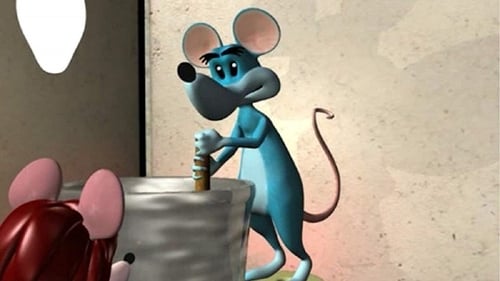
Marcelle Toing, dueño de un restaurante en Río de janeiro, inicia una serie de robos en restaurantes humanos para conseguir que su comida sea la mejor. Película independiente lanzada para aprovecharse del tirón de "Ratatouille", lanzada directamente al mercado de vídeo.

At 4.13 a.m. Artur will step on board of a train in Wroclaw. At 6.02 he will kill a human being. At 6.51 he will get off the train in Katowice City and truly smile for the first time in two years.However, will everything go according to plan? Robert Wieckiewicz ( star of Oscar nominated 'In Darkness' and upcoming 'Walesa') plays a desperate father trying not cross the line between serving justice and revenge. First independent 3d short in Poland. '4:13' was designed as an experiment in stereoscopic cinematography.

The passion for high speed can nowadays almost be seen in the new-born. The film shows that such passion, if not controlled, is self-destructing and even suicidal. At least this is the way Trnka presents it in this satiric story. —kratkyfilm.cz

Carica is only seven years old and wants a bicycle for Christmas. But his family has no money and offers him a book. The grandfather tells him the story of the pot of gold at the end of the rainbow. On the first day of rain and sun, Carica embarks on adventure.

André is a man with the need to pause. In a world where life, is so futile and fragile, he just needs a break. But what is reality, when that break... becomes too long?

Different species of fish and frogs, inside an aquarium.
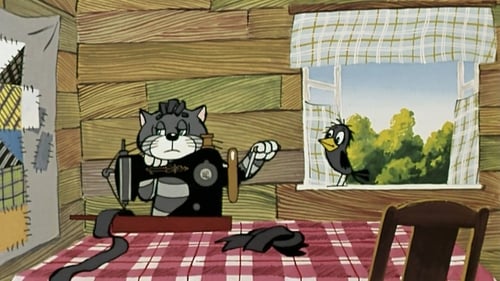
The continuation of the adventures of Fyodor and his friends from the Prostokvashino village.
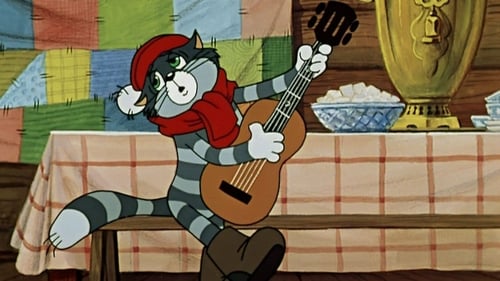
A third movie about Fyodor and his friends from the Prostokvashino village and their adventures - this time during the winter.
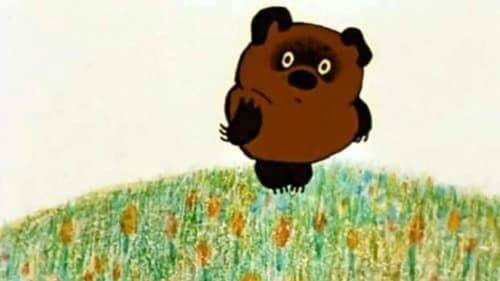
With a cheeky, down-to-earth charm that appeals to both children and adults, the series – beginning with 'Vinnie-Pukh (1969)' – has since developed something of a cult following, and are considered by many to decisively surpass their Disney counterparts, however uneasily they may fit into the official canon. The animation itself is somewhat coarse and minimalistic, but this all adds to the charm of it all, with the story and characters coming to life as though they have just stepped out of a picture book.
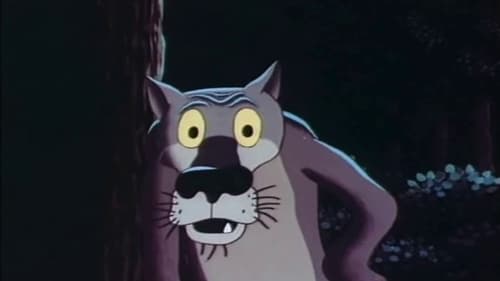
The day comes when an old watchdog becomes useless but the masters being kind don't decide to drive him away. However they turn exasperated when the Dog stays indifferent during a home theft. The Dog leaves for the forest, where he meets the Wolf, his old enemy.
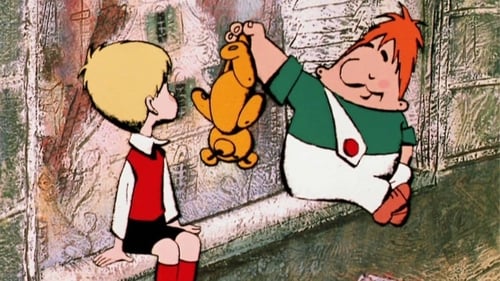
A Soviet cult cartoon, so untypical for a Western viewer, especially, a little one. A boy named Malysh ("A Little One") suffers from solitude being the youngest of the three children in a Swedish family. The acute sense of solitude makes him desperately want a dog, but before he gets one, he "invents" a friend - the very Karlson who lives upon the roof. So typical for the Russian culture spirit of mischief, which is, actually, never punished, and the notion that relative welfare not necessarily means happiness made the book by Astrid Lindgren and its TV adaptations tremendously popular in the Soviet Union and nowadays Russia and vice versa - somewhat alienated to the Western reader and viewer (see User's comments below). However, both the book and the cartoon are truly universal - entertaining and funny for the children and thought-provoking and somewhat sad for grownups.

